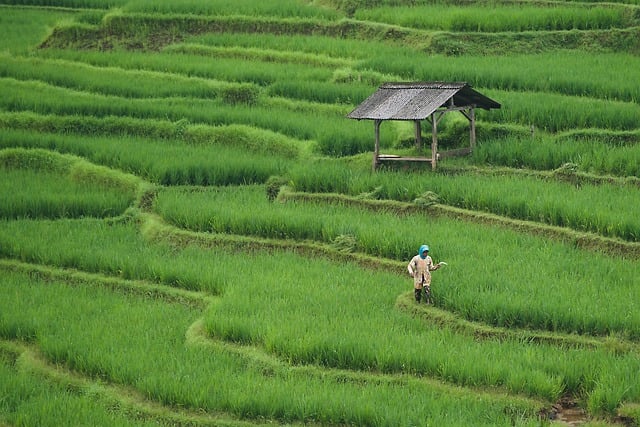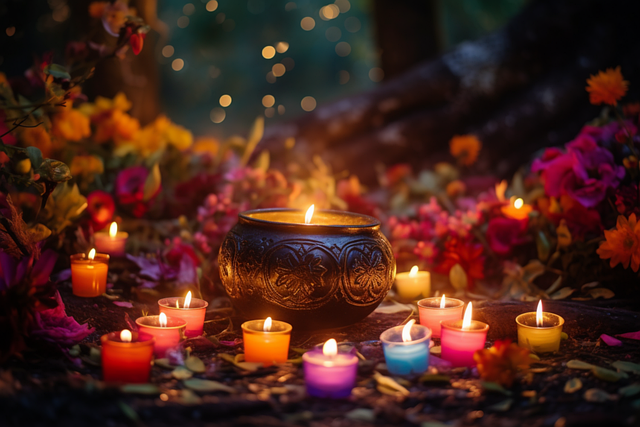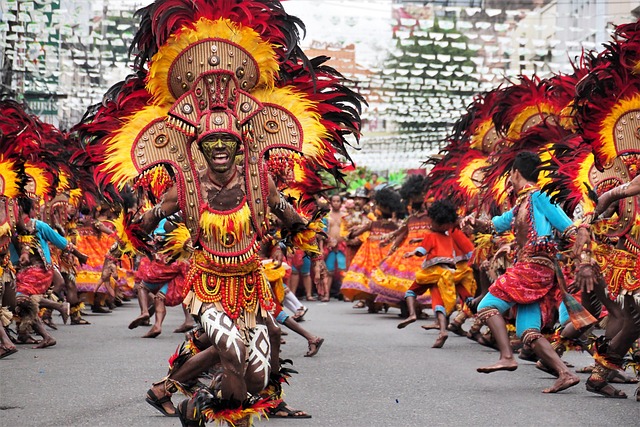Introduction:
Start with an engaging introduction that introduces the cultural richness of Northeast India and the diversity of its tribal communities. Mention how the region is often overlooked in mainstream tourism but offers unique cultural experiences for travelers who are willing to venture beyond the popular destinations.
Example: “Northeast India is a land of fascinating cultures, vibrant traditions, and rich histories. Home to more than 200 distinct indigenous tribes, this region offers a unique blend of diverse languages, practices, festivals, and beliefs. While many travelers visit popular destinations like Kaziranga or Shillong, the tribal cultures of Northeast India remain relatively unexplored. In this post, we delve into some uncommon facts about these tribes that will offer you a deeper understanding of their world.”
1. The Apatani Tribe: Unique Agricultural Practices (Arunachal Pradesh)
- Uncommon Fact: The Apatani tribe practices one of the most unique agricultural methods in the world, involving the cultivation of rice in terraced fields alongside fish farming in the same water.
- SEO Keywords: Apatani tribe, Apatani agriculture, tribal cultures Arunachal Pradesh, Apatani fish farming
Example Section: “The Apatani tribe of Arunachal Pradesh is renowned for its ingenious agricultural methods. Unlike many other tribes, they practice a form of wetland rice farming known as ‘Wangla’ – but with a twist. Their terraced rice fields are uniquely combined with fish farming, where the fish help to keep the rice fields fertile, creating a sustainable, symbiotic relationship with the environment.”

2. The Mishing Tribe: Traditional Weaving and Boat-Making (Assam)
- Uncommon Fact: The Mishing people, primarily found in Assam, are skilled weavers and boat makers. Their traditional craft involves intricate handwoven patterns that are passed down through generations, and their boats, known as “Xabru,” are still used in daily life.
- SEO Keywords: Mishing tribe Assam, traditional weaving Assam, Mishing boat-making, Assam tribal culture
Example Section: “Known for their exceptional weaving and boat-making skills, the Mishing tribe of Assam has a deep connection with water and nature. The Mishing women are famous for weaving colorful, intricate patterns on traditional textiles, while the men craft the iconic ‘Xabru’ boats, essential for fishing and travel along the Brahmaputra River.”
3. The Bodos: Language and Traditional Festivals (Bodoland, Assam)
- Uncommon Fact: The Bodo tribe has its own distinct language, Bodo, which is part of the Tibeto-Burman language family. The Bodo people celebrate the “Bwisagu” festival, an agricultural festival that marks the beginning of the farming season.
- SEO Keywords: Bodo tribe Assam, Bodo language, Bwisagu festival, tribal festivals Assam
Example Section: “The Bodo people of Assam have a rich cultural heritage, with their own language, Bodo, that is still spoken by over a million people in the region. One of their major celebrations is the Bwisagu festival, marking the start of the farming season. This festival is a time for prayer, celebration, and the wearing of traditional attire, with colorful dances that reflect the region’s agricultural importance.”

4. The Naga Tribes: Complex Tattoos and Warrior Traditions (Nagaland)
- Uncommon Fact: In Nagaland, certain Naga tribes, such as the Konyak, are known for their intricate tattoos, which were once symbols of bravery and achievements in battle. These tattoos are a source of pride and a mark of their warrior culture.
- SEO Keywords: Naga tribes, Konyak tribe tattoos, Naga warrior culture, tribal tattoos India
Example Section: “The Naga tribes of Nagaland, particularly the Konyak tribe, are famous for their warrior traditions and the elaborate tattoos they wear. These tattoos were historically earned through acts of bravery, such as killing an enemy in battle. Today, the tattoos are still a source of pride, though the practice has largely died out due to modernization. However, many Naga elders still proudly display their tattoos as symbols of their tribe’s rich warrior culture.”
5. The Khasi Tribe: Matrilineal Society (Meghalaya)
- Uncommon Fact: The Khasi people of Meghalaya are one of the few matrilineal societies in the world. In this unique social structure, lineage and inheritance are passed through the mother, not the father, making women the central figures in family and community life.
- SEO Keywords: Khasi tribe matrilineal, Khasi culture, matrilineal societies, Khasi family traditions
Example Section: “The Khasi tribe in Meghalaya is unique in that it follows a matrilineal system, where property, family name, and inheritance pass through the female line. In Khasi society, the youngest daughter, or ‘Ka Khadduh,’ plays a central role in maintaining family traditions and inheritance, making the position of women far more powerful than in patriarchal societies.”
6. The Rabhas: Mysterious Origins and Rituals (Assam)
- Uncommon Fact: The Rabha tribe, found in Assam, is shrouded in mystery with debated origins, but one of their most unique rituals is the ‘Bohag Bihu,’ where they celebrate the arrival of spring with traditional dances, songs, and animal sacrifices to ensure good harvests.
- SEO Keywords: Rabha tribe Assam, Bohag Bihu festival, Rabha tribe rituals, Assam tribal culture
Example Section: “The Rabha tribe, hailing from Assam, has mysterious origins that have sparked much debate. Their cultural practices, however, are quite unique, especially during the Bohag Bihu festival. The Rabhas celebrate the arrival of spring with elaborate rituals that include traditional dances, animal sacrifices, and prayers for prosperity and a bountiful harvest.”


